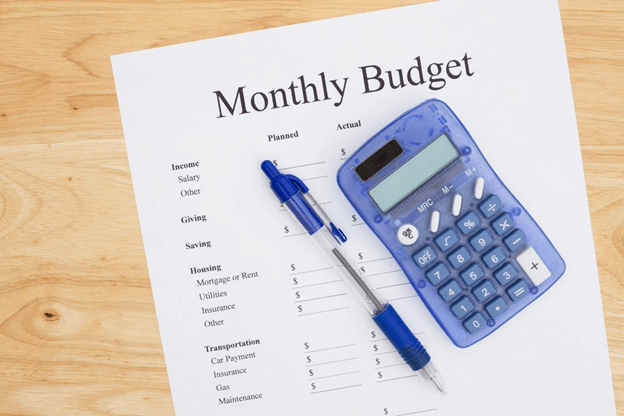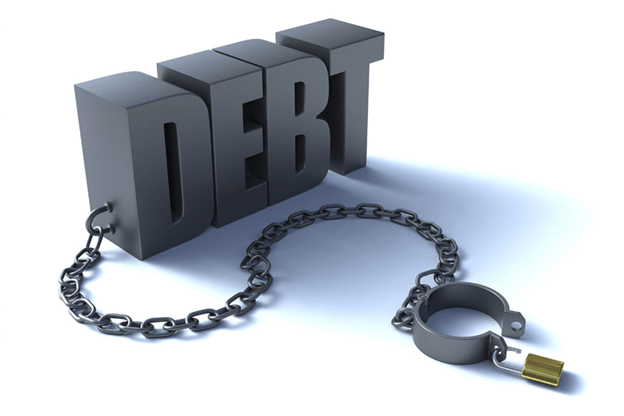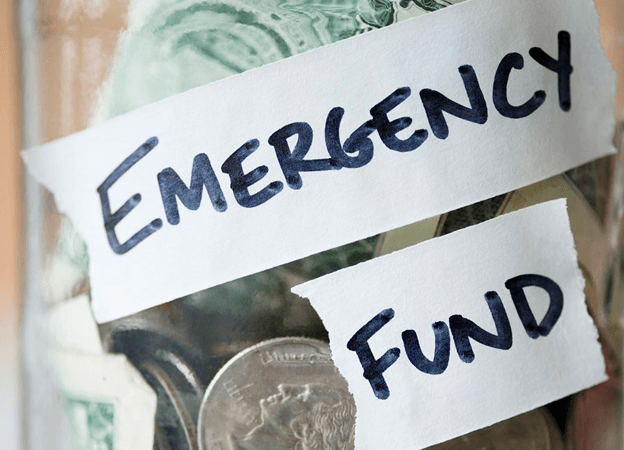Financial Health: How it helps you Grow More
Your present financial status, including your credit, savings, and income, is referred to as “financial health.” Financial health is the condition and stability of a person’s money and financial affairs. Strong financial health is typically characterized by a consistent revenue stream, infrequent fluctuations in expenses, strong investment returns, and a rising cash balance. Want to grow your financial investment? Take advantage of 07 Hidden secrets that help you to increase your financial health.
Smart decisions lead to better outcomes. This article will assist you in understanding the main reasons why developing good financial habits is essential as well as how to apply them in your daily lifestyle.
Financial Habits: How This Behavior gives you Long-Term Benefits
Healthy Financial Habits enhance emotions of stability and peace of mind and offer a financial “contingency plan” for life’s challenges. People who “plan” and take future-oriented actions, such as establishing objectives and carrying out tasks (such as saving money), feel healthier and happier about their life than people who don’t plan them.
When it comes to having a healthy relationship with money, there are certain habits that can help. These healthy financial habits can offer emotional benefits like stability and peace of mind. In addition, they can provide a financial cushion in the event of an unexpected expense or loss of income. Here are some healthy financial habits to adopt:
- Make a budget and stick to it. This is perhaps the most important habit to develop. Creating a budget gives you a roadmap for your finances and helps you make informed spending decisions. It also allows you to track your progress and ensure that you’re staying on track.
- In investing in yourself, you will reap the rewards for a long time to come. This could mean taking courses or workshops to improve your skillset or investing in your health through exercise and healthy eating habits.
Financial Habits Set Boundaries For you
The fundamental rule of healthy financial management is to live below your means. The decisions we make determine how our lives turn out, but not all options are reachable. Our financial situation places restrictions on us, forcing us to make decisions that must be constrained. Even if it could be challenging, following this guidance is a sensible approach. Healthy financial habits save your day as
- They restrict you from purchasing items that you can’t afford.
- They prevent you from falling into the trap of excessive credit by assisting you with longer-term thinking and decision-making.
Financial Habits Prepare You for Risks and Unforeseen Events
Saving money is best done when we already have it rather than after we have indeed lost it. If we waste money on items we don’t need, we can find ourselves in financial trouble just when we most need it. Good financial habits help you reassess your future needs and make the appropriate decisions.
7 Effective Tips to Improve Your Financial Health
Create a Monthly Budget

A monthly budget may conjure up ideas of cutting back on eating out, saving coupons, and generally saying “no” This will reduce financial stress by making it simpler to make decisions about where to spend money.
The last few month’s worth of income statements and invoices might be gathered in a stack to start a budget. Then you may go through and compile a list of all the monthly revenue and expenses (spending).
You could choose to categorize your expenses and then separate them into “necessary” and “non-essential” categories. Calculate your average monthly income (after taxes) and monthly spending. You might want to take a closer look at your expenditures if you find that you are either spending more than you are earning or that there isn’t much left over for savings.
Creating an adequate monthly budget can help you to lead a healthier and satisfying and happier life.
Start Paying Off Debt

Humans are inclined to borrow money rapidly and pay it back gradually. We truly don’t want to accumulate debt, but somehow, we do. In addition to making, it more difficult to cover monthly expenses, high-interest consumer loans like credit cards can also hinder saving money for plans.
To promptly pay off all debts is a wise financial practice. You must nevertheless start with the expenses that incur penalties for late payments, which could raise your overall debt.
Managing Debts

Your debts can be managed by getting a debt consolidation loan. You can combine all your uninsured debt into a single, manageable monthly payment by using debt consolidation. Your monthly payments can be minimized, having one easy payment for all your bills, also helps you cut back on fees, fines, and interest. Debt Consolidation Toronto makes use of Borrow.
borewell can help you find the ideal debt consolidation option suitable for you quickly. It can help you apply online for a debt consolidation loan and evaluate the best options, locate reasonable rates, and instantly determine your likelihood of acceptance by checking your credit score for free.
Stop Overspending
It can be all too easy to overspend when making purchases only requires your smartphone or the tap of a card. At the time of purchase, a few lattes or a few trips to the nearby shop may not seem pricey, but over time, they can mount up. Spending $20 here and $40 there with Prime Orders is simple and convenient while staying at your home.
Establishing a “wait” time for all purchases is one technique to control expenditure. You may need to think about 24 hours before making any online purchases rather than clicking “buy now.” By imposing a waiting period, the high level of dopamine associated with instant gratification is eliminated. This will allow purchasing based on reason and logic.
Start Saving Automatically
It can feel daunting to address financial health, and it’s probably not something you want to think about often. However, setting up automatic savings is simple and one of the best ways to improve your financial situation.
Setting up an automatic transfer from your checking account to your savings account on a particular day each month. Additionally, you won’t have a chance to spend that money if you schedule it to occur immediately after your paycheck clears. A little bit of saving is better than none, and if the transfer occurs each month regardless of what, those modest sums will mount up over time.
Pay Bills on Time
Paying your bills on time can make a big difference in your ability to manage your money. Paying on time might also help you save money by preventing late fees and interest. Bill due dates can be added to your calendar as a technique to help assure on-time payments. Automating the procedure through the website of the service provider is an additional choice to pay the bill automatically.
Go For the Emergency Funds

Without an emergency fund, people would be forced to use their retirement funds as a last resort or run up credit card debt to cover unforeseen expenses. Because of this, one should have three to six months’ worth of living costs in the bank to maintain financial stability.
This cash reserve could help you get through a difficult financial situation, including losing your job, having to visit the hospital, or needing to make a pricey auto or home repair.
Check your Credit Regularly

It is very important to note your credit annually. Your financial situation and payment history are covered in detail in credit reports. Fortunately, visiting AnnualCreditReport.com will allow users to obtain these reports without charge. To remain on top of your financial health, it can be a good idea to review the reports from each of the three major national credit reporting companies, including Equifax, A yearly report from TransUnion and Experian is recommended
Check on your credit reports can not only help you determine how well your attempts to better your financial situation are working, but they will also make it simpler for you to locate and resolve any issues.
Conclusion
Making wise decisions is the first step toward success. The kind of financial decisions you make and when you make them will determine how financially independent you are. Early financial development will help you avoid many problems in later life.
To maintain firm control over both us and our finances it is necessary to have good financial habits. We hope that these helpful habits become the foundation of your life and characterize who you are
